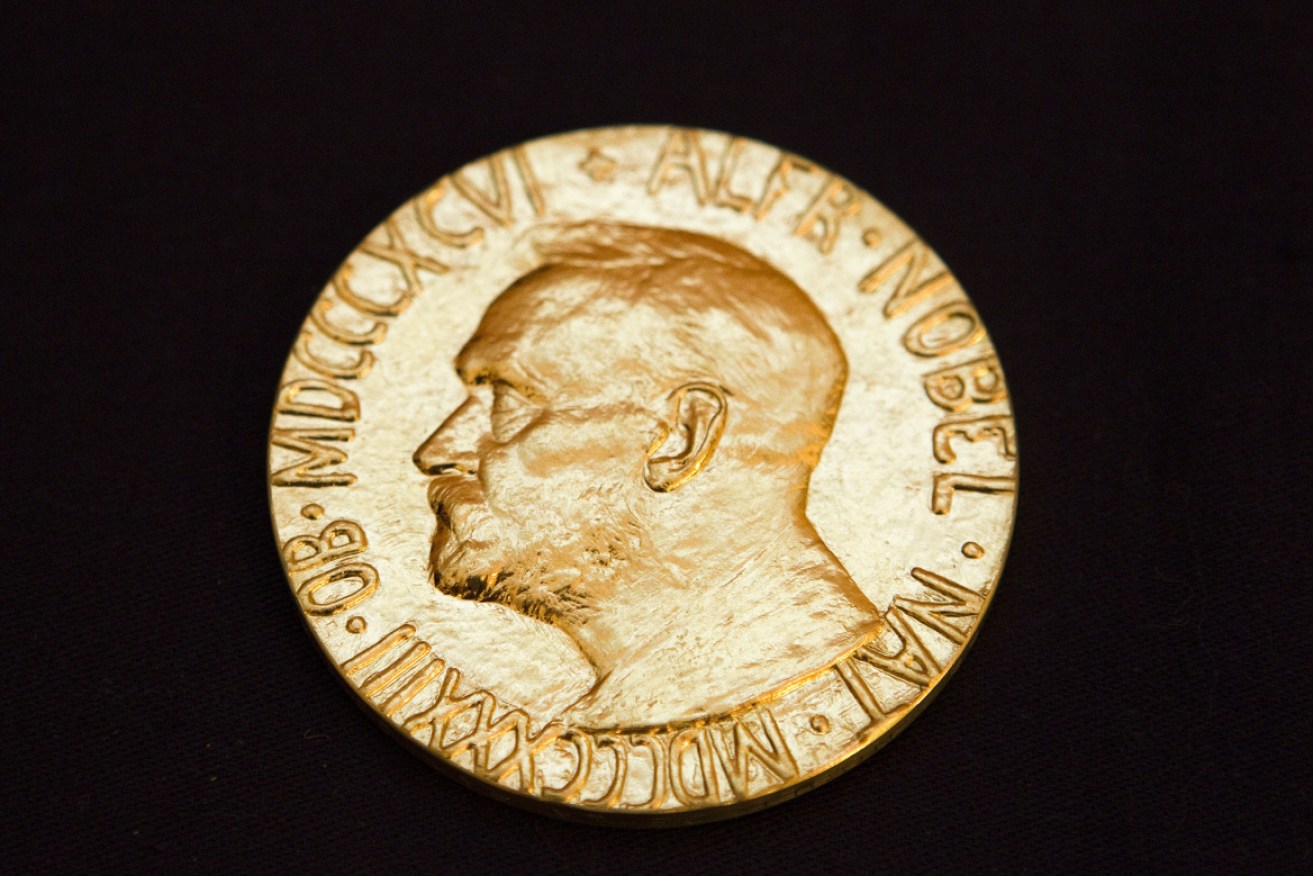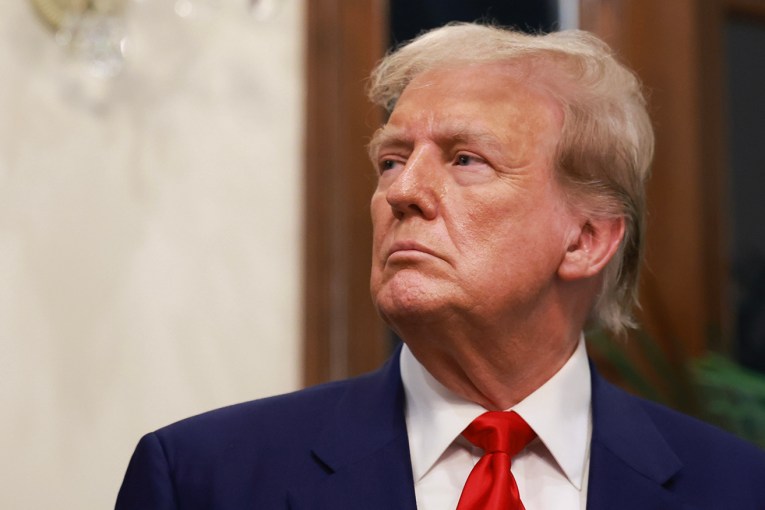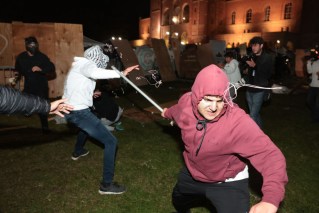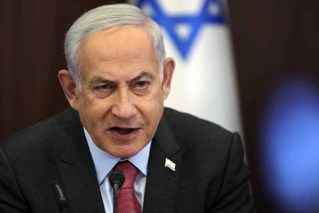Climate change activist Greta Thunberg among contenders for 2019 Nobel peace prize


The award recipient will be announced on Friday night in Oslo. Photo: Getty
Climate change activist Greta Thunberg, 16, and the young leaders of the Hong Kong protest movement are the bookmaker’s hot tips for this year’s Nobel peace prize.
Ethiopian prime minister Abiy Ahmed, indigenous Brazilian leader Raoni Metuktire and New Zealand PM Jacinda Ardern, are also tipped to be in the running.
The winner will be announced at a press conference on Friday at 8pm (ADST) at the Norwegian Nobel Institute in Oslo.
The list of nominees is not made public but there are 223 individuals and 78 organisations up for the prize, which is in its 100th year.
The bookies are confident Ms Thunberg, who grabbed the world’s attention in 2018 by skipping school and standing outside Swedish Parliament to call for a tougher stance on climate change, is the favourite.
The London-based betting company Coral has put her at 1/2 odds.

Greta Thunberg at a climate change protest in Berlin in July. Photo: Getty
If she wins, she will be the youngest person to be awarded the prestigious honour.
Pakistani activist Malala Yousafzai was 17 when she shared the prize in 2014.
Director of the Stockholm International Peace Research Institute Dan Smith, told ABC’s Radio National program on Friday the Norwegian Nobel Committee was known for “surprising” pundits in its choice of the recipient.
“They have a very proud record of surprising everybody with their choice and afterwards, everyone says ‘oh yes I could see that coming’ but they never did,” Mr Smith said.
“I don’t think there’s anything like a shoo-in for the Nobel peace prize there’s a lot of good candidates in the names that have been publicly circulating.”
The teenager faces strong competition from world leaders.

New Zealand Prime Minister Jacinda Ardern at the Pacific Islands Forum. Photo: AAP
Since becoming PM in 2017, Ms Ardern has developed an international profile, especially after the Christchurch mosque massacres in March where 51 people were killed and 49 injured in an attack by a lone assailant.
She has been instrumental in tightening New Zealand’s gun laws subsequently, has worked to increase the country’s migrant intake and being invited to speak at the UN General Assembly where she spoke about the world’s youth and climate change.
More recently, she has been described as the most powerful woman in the Southern Hemisphere, and has graced the covers of September British Vogue and Time magazines.
Mr Ahmed is the second favourite to take out the prestigious gong after he helped end a brutal border war with Eritrea.

Ethiopia’s Prime Minister, Abiy Ahmed. Photo: Getty
About 100,000 people perished in the war, which ran from 1998-2000 and was likened by many to World War II for the sheer scale of death and savagery.
Henrik Urdal, director of Peace Research Institute Oslo, who writes a widely cited Peace Prize shortlist every year, is doubtful the award will go to the climate change activist, but Mr Ahmed makes the top five.
Mr Urdal writes that the prize is likely to recognise the “contributions of young people,” listing Nathan Law Kwun-chung, Agnes Chow Ting and Joshua Wong Chi-fung, as possibilities for their roles in the protests.
Asked if the committee would be hesitant to award the prize to the Hong Kong protesters, who have been a thorn in the Chinese Communist Party’s side for months, Mr Smith said there was a long history of little care for state interests.
“I don’t think the ire of China would actually have much of an impact as far as the Nobel peace prize committee is concerned,” he said.
“Again they have a record of not really seeming to bother too much who they annoy if they think something is the right choice.”
Last year, the prize went to former ISIS sex slave Nadia Murad and Congolese doctor Denis Mukwege “for their efforts to end the use of sexual violence as a weapon of war and armed conflict”.








